Space
Sign up for our newsletter
We summarize the week's scientific breakthroughs every Thursday.
-
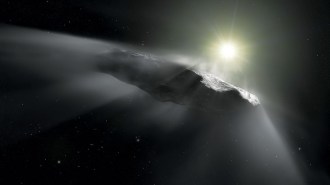 Planetary Science
Planetary ScienceAstronomers have spotted a second interstellar object
Researchers will be able to watch what appears to be an interstellar comet swoop through the solar system for about a year.
-
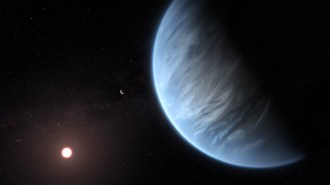 Astronomy
AstronomyThis may be the first known exoplanet with rain and clouds of water droplets
For the first time, astronomers have detected water vapor and possibly signs of clouds and even rain in the air of a potentially habitable exoplanet.
-
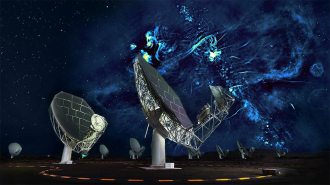 Astronomy
AstronomyGiant radio bubbles spew from near the Milky Way’s central black hole
New structures found at the heart of our galaxy join other bubbles, chimneys and filaments that hint at a turbulent past.
-
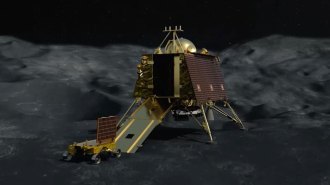 Space
SpaceIndia lost contact with its first lunar lander just before touchdown
Chandrayaan 2 mission officials are trying to figure out why its rover-carrying lander went silent moments before it was to reach the moon’s surface.
-
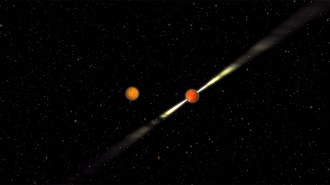 Space
SpaceEinstein’s general relativity reveals new features of a pulsar
Measurements that rely on the physicist’s theory of gravity are letting astronomers view a pulsar in ‘a whole new way.’
-
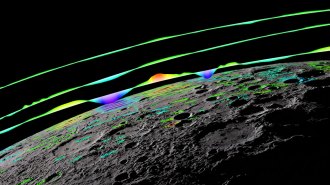 Space
SpaceIron sulfide may be keeping Mercury’s core toasty and its magnetic field alive
New estimates of how much heat Mercury’s core loses could explain why the tiny world has a long-lived magnetic field.
-
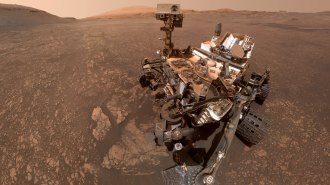 Space
SpaceOvernight changes in Mars’ atmosphere could solve a methane mystery
Overnight atmospheric changes on Mars can explain why two spacecraft measure vastly different concentrations of methane.
-
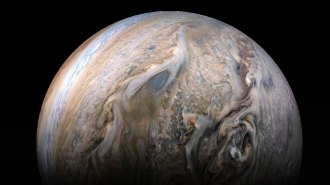 Space
Space5 of Jupiter’s newly discovered moons received names in a public contest
Astronomers first announced the discovery of the worlds in July 2018, and have now named them for goddesses and spirits of Greek and Roman mythology.
-
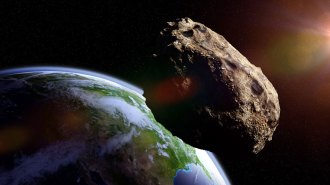 Science & Society
Science & Society‘End Times’ explores the catastrophic events that could kill us all
A new book looks at the threats that could wipe out humankind and what can be done to counteract them.
By Kyle Plantz -
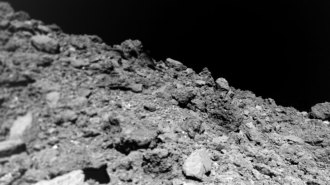 Space
SpaceFor an asteroid, Ryugu has surprisingly little dust on its surface
Ryugu lacks the dust that some other space rocks have. The near-Earth asteroid may hide the fine debris inside porous rocks or eject it into space.
-
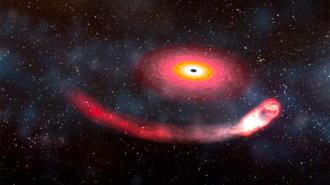 Space
SpaceLIGO and Virgo probably spotted the first black hole swallowing up a neutron star
In a first, astronomers may just have detected gravitational waves from a black hole merging with a neutron star.
-
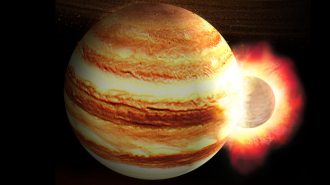 Space
SpaceA planetary body may have smashed into Jupiter, creating its weird core
A planetary body smashing into Jupiter may have jostled the gas giant’s insides during its formative years, creating the strange interior seen today.